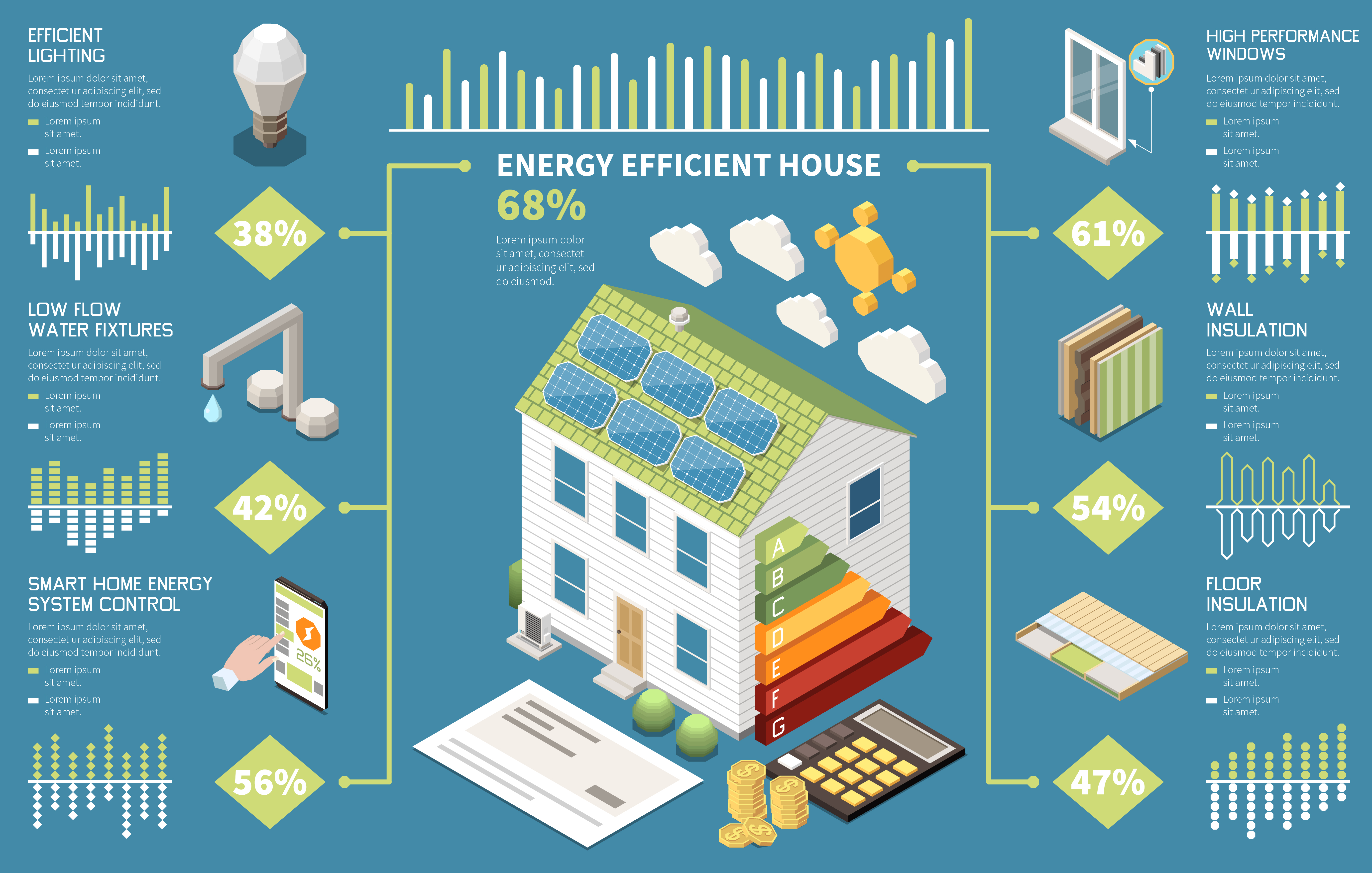How to sell your house as fast as possible
Buying a home is one of the most stressful things you will ever do… but don’t let that put you off. You might even have bought property before and you can bring the benefit of that experience to your next move.
Whether you’re looking to move on up the ladder to something bigger, or downsizing, moving home can be an exciting adventure.
In this short guide we’ll cover the basics of deciding to sell your home, who to speak to and when, and deciding what your next steps are once you’ve taken the plunge.
Deciding to sell your property
All sorts of circumstances have brought you to this point… it might be you are looking for space to accommodate an expanding family, or you’re moving to take up an exciting new work opportunity, or you’re looking to downsize now the kids have left home.
Whatever your reasons your first steps are to get a realistic valuation of your property. To achieve this you can try online valuation calculators to give you a ball park figure. These often return results with a degree of variance so your next step is to invite an estate agent to do a physical inspection and provide a price based on the location, condition, and current market conditions. Unless you have a specific agent in mind, it might be an idea to invite 2 or 3 round to get a feel for price and what they offer.
If you are looking for a fast sale you might consider looking at companies who will purchase properties quickly although they often offer below market value, or put your property up for auction. There are both specialist online auction rooms and physical auction rooms where you can enter your property, and a number will offer to sell it with little or no fee. Auctions present some risk but you can set pre-sale reserves to provide some protection.
Choosing an estate agent
Competition for your property is high in estate agency and as a seller you are in a strong position to negotiate service and fees. Take the opportunity to understand how your agent will market your property and be honest. Your reasons for selling will dictate how much you might expect to sell your property for.
If you are looking for a fast sale, your agent will be realistic with you about what you could achieve in what sort of timescale.
If your timescales are longer then you may be able to hold out for a higher price.
Your agent should understand their local market, and will have some potential buyers who might be interested in hearing about a new property to market.
You can elect to sell your property without an estate agent. You don’t have access to some of the marketing channels estate agents subscribe to (like Rightmove/ Zoopla/ OnTheMarket) and you will also need to ensure you comply with relevant legislation around providing information to prospective purchasers including establishing whether you need an energy performance certificate (EPC) or not… but you could save yourself a lot of money!
Some agents offer a hybrid option; you list your property with them, with access to their marketing channels, but you deal with the viewings, offers, negotiations and ultimately the sale.
Preparing your house for sale
Once you have selected your estate agent you need to prepare your property for sale. Most estate agents will offer to take photos, draw a floor plan, and write some blurb about your house for approval before putting it on the market.
You may also need to get an Energy Performance Certificate for your property. Your estate agent will be able to confirm.
For the photographs ensure your home is clean and tidy… and clutter free. Give potential buyers a real opportunity to see the house in as positive a light as possible. Make sure you focus on the kitchen and bathroom as these are the most important rooms a buyer looks at.
Be prepared for your estate agent to provide advice about staging your home, moving furniture, getting some last minute repairs done, or even touching up a bit of paintwork for photos. You may need to spend a little bit of money but take heed… they’ve done this a few times before!
Your ultimate objective is to make your home stand out from the crowd, encourage viewings and ultimately hope for an offer.
Looking for a property to buy
You may find this a good point to start your own home search, if you’ve not already found something of interest.
You know your outstanding mortgage balance, if you have not yet paid if off, you know your financial situation, including any debts, and you now have an understanding of any potential sale price so you have an idea of what you have to spend on any new home.
Estate agents will often advertise property through their own website, the local newspaper, online advertising, mobile apps and through dedicated property sale websites such as Rightmove, Zoopla and OnTheMarket
These websites often enable you to outline your key criteria (price, location, number of bedrooms, bathrooms, social rooms etc) so that you can search for relevant properties.
Remember, the price listed is a guide price and a sale price can often be negotiated… so don’t just draw the ceiling at what you think you have to spend, have a look at properties just above your price bracket with a view to negotiating the price down.
At this point it is a good idea to understand how you will deal with your existing mortgage and any increase required, if applicable, in order to afford the new property. If you are selling and using the cash proceeds to purchase a new house you need not worry about the mortgage, provided it has been, or has arranged to be, paid off.
Accepting an offer
Your estate agent is required by law to pass any and all formal offers to you. You may choose to haggle before agreeing upon a final price. Your decision to accept an offer will depend on your circumstances. But remember, a house is only worth what someone Is prepared to buy it for and will take account of:
- The condition of the property
- The length of time the property has been on the market
- How keen you are to sell
- How keen they are to buy the property
Offers in England and Wales are not legally binding. You may withdraw your acceptance at any time if you have an on-going purchase that falls through; either to delay the transaction while you find an alternative property, or altogether.
If you are offered a higher price after accepting an offer previously, you can accept that. You may offer the prospective purchaser the opportunity to counter that higher offer should you wish.
Instructing a solicitor
The solicitor’s responsibility is to transfer the ownership of the property from the you to the new owner, a process known as conveyancing.
There are plenty of online price comparison sites for solicitors, or you can contact a local solicitor and find out how much they would charge.
You may find it useful to instruct your solicitor to act for you on both your sale and on-gong purchase if this is applicable.
They say you get what you pay for so be prepared for some variance in pricing and understand exactly what you get for your money. Ensure your solicitor gives you a complete breakdown of the full cost of the move. You will often find quotes broken down into the legal fees chargeable for the work done, and then any additional costs for the sale, such as banking charges; and purchase such as searches, banking charges and stamp duty.
If you have an on-going purchase you will be required to pay Stamp Duty. Stamp Duty is the tax the government levy on the purchase of property. It is paid by the buyer(s) and is calculated as follows:
| Property Price | SDLT rate |
| Up to £125,000 | Zero |
| The next £125,000 (the portion from £125,001 to £250,000) | 2% |
| The next £675,000 (the portion from £250,001 to £925,000) | 5% |
| The next £575,000 (the portion from £925,001 to £1.5 million) | 10% |
| The remaining amount (the portion above £1.5 million) | 12% |
Once you have instructed your solicitor you will complete information about the property such as confirmation boundaries, any building work done (certificates required), guarantees or warranties, any environmental matters, private roads, parking etc. You will also be required to advise what fixtures and fittings, and any contents will be left in the property on completion of the sale.
Your solicitor will share this information with the purchasers solicitor and will advise of any queries raised. Your solicitor will keep you up to date as the transaction progresses.
You may also whish to instruct your own survey of the property, b ya Chartered Surveyor, to assess for any potential issues with flooding, structural concerns etc. or more information about surveys and fee details click here (link to chartered surveyor info)
So long as there are no hurdles, you will reach a point where you will need to agree a date with the buyer on which you will formally exchange contracts, legally binding you to the sale, and completion, the day on which you agree to take complete ownership.
If you have an on-going purchase, your exchange dates may differ but you will want your completion dates to align.
Final steps
Once you have exchanged contracts and a date has been set for completion you need to finalise your move.
You will need to advise your utility providers of the end of your arrangement with them at that property (water/electricity/gas/broadband etc). It is advisable to take notes/photographs of gas/electricity/water (if applicable) meter readings before leaving so you can finalise the account at the old property as accurately as possible.
Once your sale is complete you will receive your bill from both the estate agent and you solicitor, which are usually settled using the proceeds from the sale.
Phew you did it! And whatever your next steps you have the memories of your home to cherish








